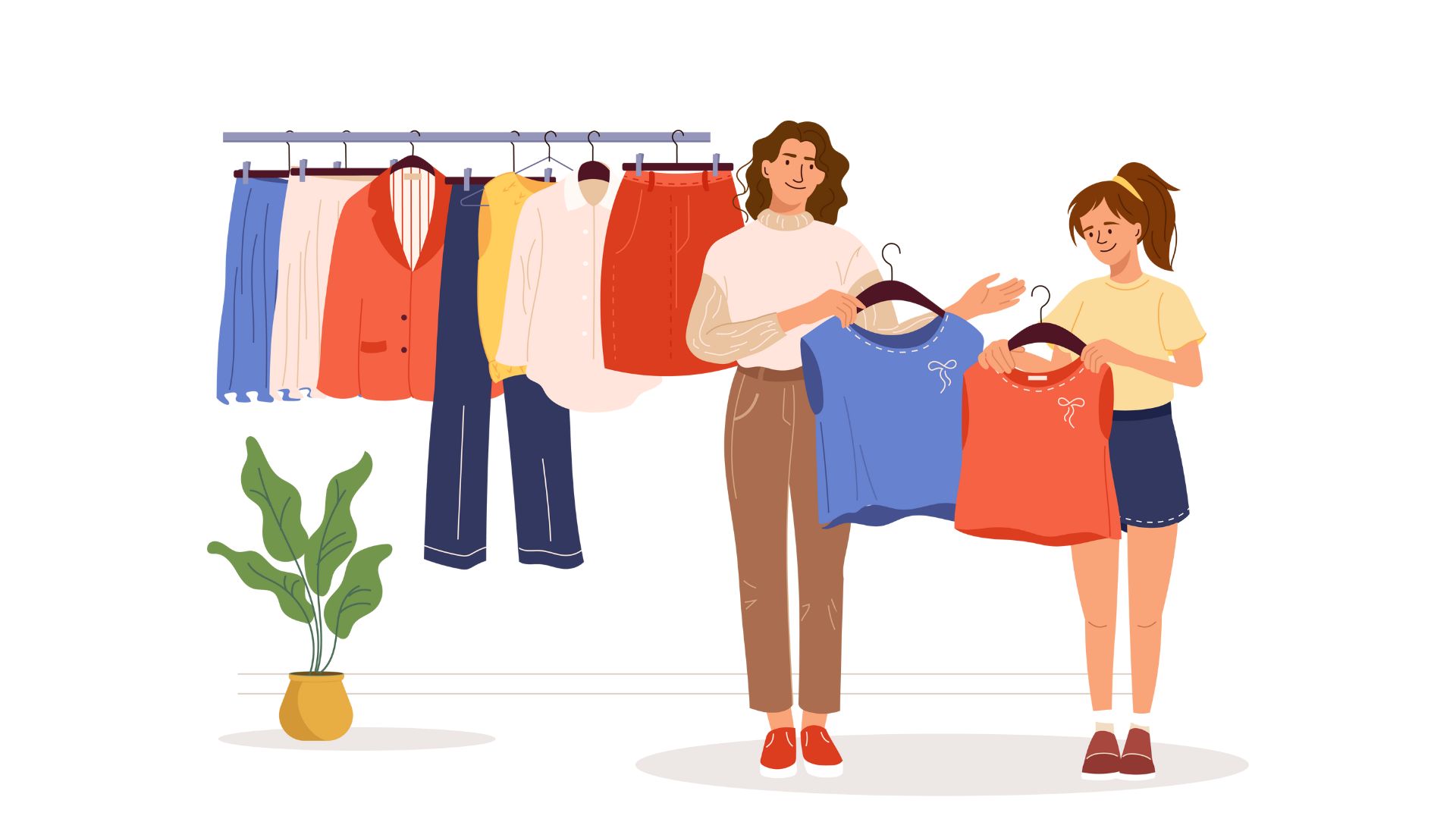When we talk about fashion, most of us think about creativity, trends, and self-expression. But behind every piece of clothing lies a deeper story one about how it was made, who made it, and what impact it leaves on the planet.
Ethical fashion goes beyond aesthetics. It’s about making conscious choices that respect people, animals, and the environment. In a world where fast fashion dominates, choosing ethical fashion is an act of responsibility and a step toward a kinder, more sustainable industry.
Ethical Fashion vs Fast Fashion: What’s the Difference?
Fast fashion focuses on mass production, low costs, and quick turnover. Garments are often made in unsafe conditions, with little regard for workers’ rights or environmental damage. The result is cheap, short-lived clothing and a massive amount of waste.
Ethical fashion, on the other hand, emphasizes fairness, transparency, and sustainability. It supports safe working environments, fair wages, and materials that are responsibly sourced or produced. Instead of chasing disposable trends, ethical fashion values quality, craftsmanship, and long-term wearability.
Choosing ethical fashion means supporting an ecosystem where everyone from farmer to fabric weaver to seamstress is treated with respect.
The Human Impact
Every piece of clothing passes through many hands before it reaches your closet. In fast fashion supply chains, workers often face long hours, unsafe conditions, and wages that barely meet basic needs.
Ethical fashion brands commit to doing things differently. They ensure fair pay, safe workplaces, and respect for workers’ rights. Many also collaborate directly with artisans, empowering communities through skill development and fair trade practices.
When you choose ethical fashion, you’re not just buying clothes you’re supporting dignity, equality, and empowerment.
The Environmental Impact
The fashion industry is one of the largest polluters in the world. From chemical dyes to textile waste, the impact is enormous. Ethical fashion seeks to change that by promoting sustainable materials, reducing water and chemical use, and creating garments built to last.
Using natural fibers like linen, cotton, hemp, and bamboo, or recycled fabrics helps reduce pollution and energy use. Brands that follow ethical principles also adopt slow fashion methods producing fewer, better-quality garments that stand the test of time.
By choosing ethically made clothes, you help reduce landfill waste and carbon emissions, while supporting brands that value circularity and regeneration.
The Personal Benefit
Ethical fashion is not just good for the planet it’s good for you. High-quality, responsibly made garments feel better, last longer, and reflect mindful living.
Wearing clothes made with care often brings a sense of pride and connection. You know that what you’re wearing didn’t harm anyone it helped create a fairer system. Over time, building a wardrobe of timeless, ethical pieces also saves money and encourages more thoughtful consumption.
Fashion Meets Responsibility
More than ever, consumers are realizing that every purchase is a vote. The brands we support define the future of fashion. Choosing ethical fashion is a statement one that says style and conscience can coexist beautifully.
From eco-friendly fabrics to fair wages, every ethical choice creates ripples of change across the industry. The future of fashion depends on collaboration between designers, suppliers, and consumers who believe in better.
Collaboration in Ethical Fashion
The rise of ethical fashion has opened new opportunities for collaboration between brands, garment manufacturers, and sustainable fabric producers. These partnerships ensure transparency from fiber to finish, empowering brands to offer clothing that looks good, feels good, and does good.
Ethical collaborations also drive innovation from developing biodegradable textiles to using digital tools that minimize waste and overproduction. By working together, we can reshape fashion into a force for positive impact.
The Megaya Bali Commitment
At Megaya Bali, we believe that true beauty in fashion comes from integrity. We work with trusted partners who share our commitment to ethical and sustainable practices from fabric sourcing to garment production.
Our collections feature materials like linen and rayon, chosen for their comfort, durability, and lower environmental impact. Beyond the materials, we value fair treatment of workers and responsible manufacturing processes that respect both people and nature.
By collaborating with conscious designers and ethical brands, we aim to create garments that tell a story one of quality, care, and sustainability.
Because fashion should not only look good it should do good.
The clothes we wear have power: they shape identity, tell stories, and influence the world around us. Ethical fashion reminds us that style and responsibility can walk hand in hand. By choosing consciously, we help build a fashion industry that values people, protects the planet, and lasts far beyond the next trend.

